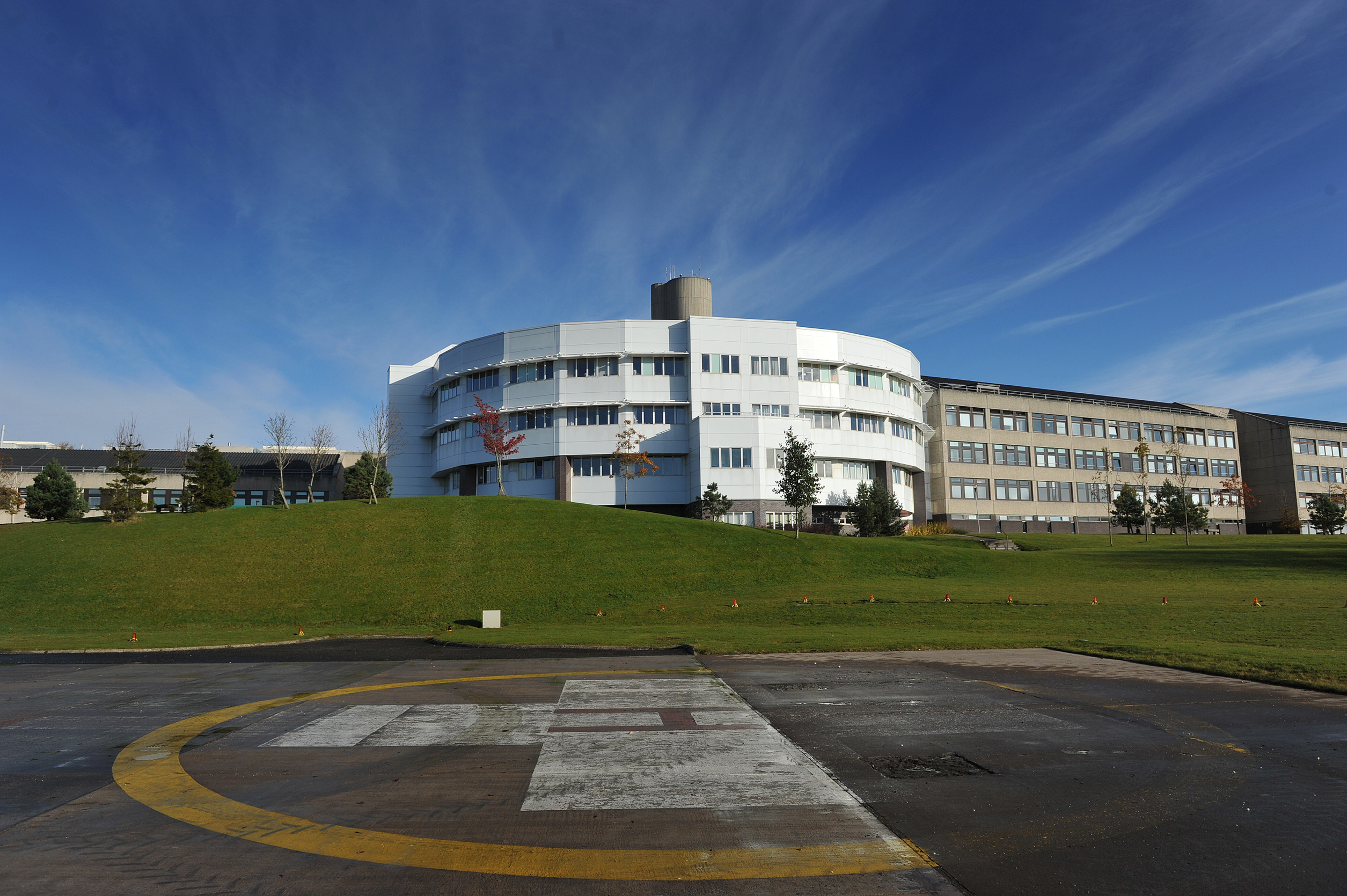Just over a third of patients receiving breast cancer treatment at Ninewells Hospital get the recommended follow-up health scans, according to new research carried out by Dundee University.
Despite clear guidelines that a patient’s heart function should be assessed before, during and after chemotherapy, the report shows that just 51% of women underwent a heart check before starting chemo at the hospital.
Of these, only 38% had follow-up scans during the course of their treatment, as recommended by the guidelines.
The scans are recommended given the toxic effects of chemotherapy on the heart.
Dr Jagdeep Singh, clinical research fellow and honorary cardiology registrar at Dundee University and Ninewells Hospital, said: “We’ve been seeing an increasing number of patients in the heart failure clinic following chemotherapy.
“This triggered our interest in finding out why and we wanted to see the scale of this problem. We were able to start doing this and evaluate treatment practices by accessing and analysing anonymous medical records.
“Improvements in chemotherapy mean we’ve been able to transform breast cancer from an often fatal condition into a very treatable disease. But, due to the real risk of heart failure, our findings show that doctors need to be more vigilant and institute protective heart treatments earlier.”
The researchers expect their findings to be representative of cancer treatment across Scotland and the wider UK, but add that a broader analysis is needed to confirm this.
Professor Peter Weissberg, medical director at the British Heart Foundation (BHF), said: “Thanks to research, more women are surviving breast cancer than ever before but it is very worrying that some of them go on to develop life threatening heart disease as a consequence of their chemotherapy.
“This research suggests that oncologists and cardiologists should work together from the outset to minimise the detrimental effects of chemo on the heart, while ensuring the best chance of survival from the cancer.
“The BHF is currently funding research into how some chemotherapy drugs cause the heart muscle to weaken, in the hope that future breast cancer patients’ hearts can be protected.”
Chemotherapy can weaken the heart making it less able to pump blood around the body properly. This can lead to heart failure – a chronic condition that can be fatal.
Over 500,000 people in the UK currently live with heart failure, which is most regularly caused by heart attacks.
The research was carried out at Dundee University and funded by the Grant Simpson Trust and the Tayside Oncology Research Endowment Fund.
The researchers analysed medical records from the chemocare database focusing on the 1,229 breast cancer patients who were treated with either anthracyclines alone or combined with the monoclonal antibody trastuzumab at Ninewells Hospital between January 2003 and December 2014.
A spokesperson for NHS Tayside said: “NHS Tayside is committed to providing high quality care to patients who are undergoing or have undergone chemotherapy treatment.
“We work in close partnership with the University of Dundee to maximise opportunities for educational and research collaboration in order to improve services for our patients.”











